These Invasive Fish Species Are Wreaking Havoc in the Marine World
Published Feb. 21 2023, 1:38 p.m. ET
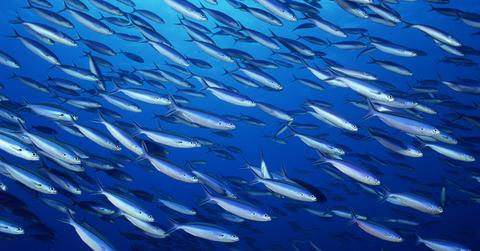
Commercial fishing — along with the aquarium trade — has shifted the habitats of many fish populations across the globe. This can negatively impact ecosystems when local species are overtaken by their larger, more adaptable, invasive counterparts.
Here are some of the most invasive fish species today.
Walking Catfish
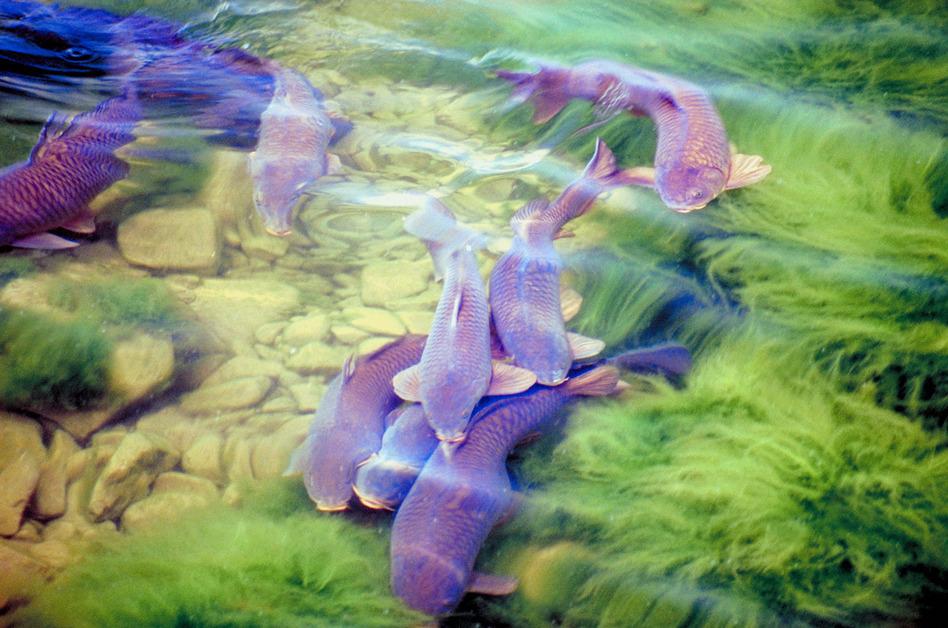
According to Treehugger, the walking catfish is a freshwater fish native to Southeast Asia, and true to its name, is able to use its tail and fins to "walk" on land.
It was introduced in Florida in the 1960s, probably from aquaculture trading with some escaping into the wild. Today, walking catfish have been found along the borders of California, Nevada, and Arizona, Georgia, and Massachusetts — but mostly in Southern Florida.
Walking catfish are primarily active at night, and they prey on other fish, crustaceans, eggs, and insects. They have even been caught invading aquaculture farms to eat the entire fish stock.
This has motivated many Floridian fish farmers to build fences or levees to protect their fish from not only being eaten, but any bacteria the catfish could be carrying, per Columbia University.
Lionfish
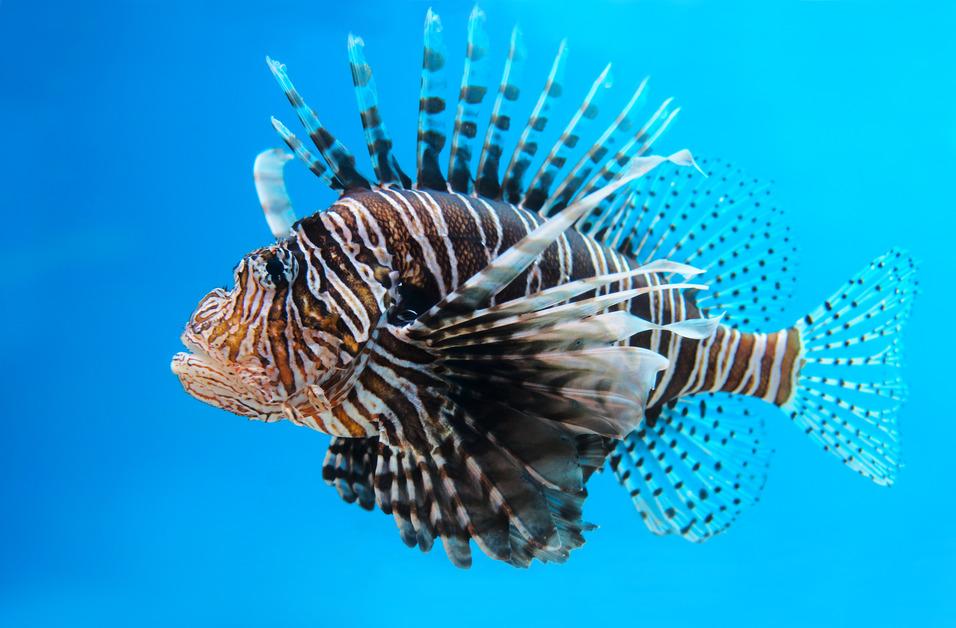
The lionfish is one of the most well-known invasive species, or "the poster child for invasive species issues in the western north Atlantic region," according to the NOAA Fisheries. They are native to the South Pacific and Indian Oceans, however have expanded to U.S. waters, the Gulf of Mexico, the Caribbean, and all over the Atlantic.
They eat fish, but are primarily a threat to the health of coral reefs. This is because lionfish feed on the herbivores that eat the algae off of coral reefs. Algae growth is damaging to the reefs, therefore without the herbivore fish to eat it, the reefs decline in health, per the NOAA Fisheries.
Common Carp
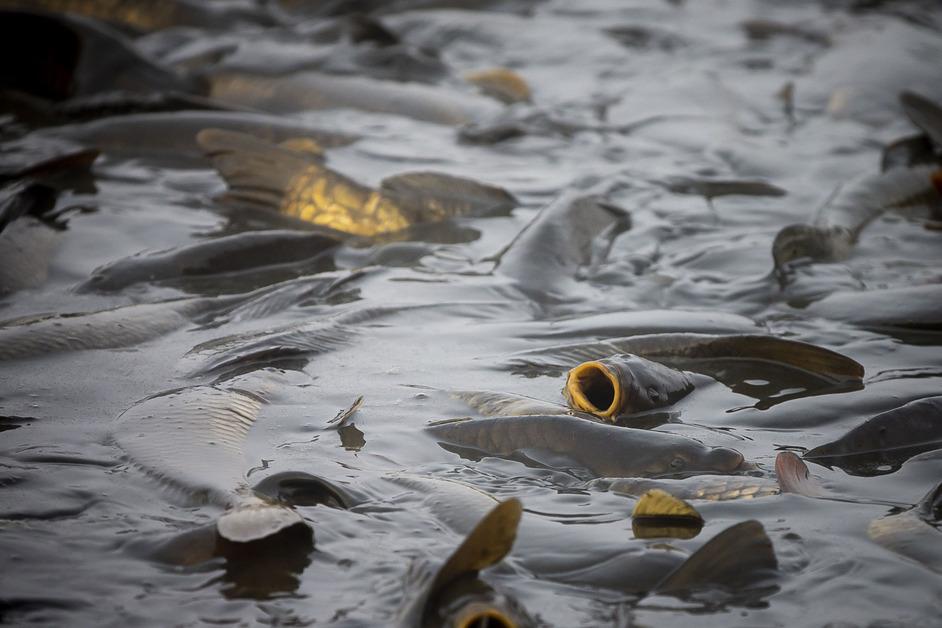
Native to Europe and eastern Asia, the common carp is one of the largest freshwater fish in the wild, and one of the most wide-ranging invasive species in the world. They are omnivores that settle on the ocean floor to eat native fish and eggs, plants and other organisms. By doing so, they uproot vegetation and sediments, and cause harmful algae growth, per Treehugger.
Largemouth Bass
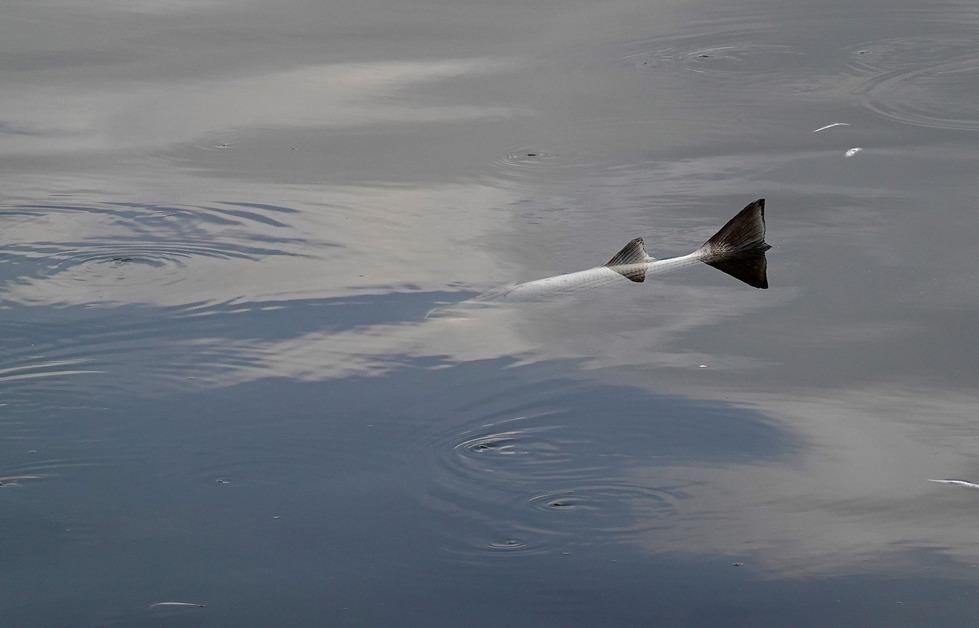
Native to eastern North America, the carnivorous freshwater fish, the largemouth bass, has now made its way to Europe, Asia, Africa, and South America, per Treehugger.
They are described as opportunistic predators, and will outcompete native fish, frogs, salamanders, and have even led some species to extinction, per Oregon State University.
The largemouth bass, like many of these invasive fish, are an ongoing threat because of their disturbance to the existing ecosystem they are entering. Within an ecosystem, a fish or native species have evolved in an area to carry out a role, otherwise known as their ecological niche, per ESPN.
Northern Snakehead
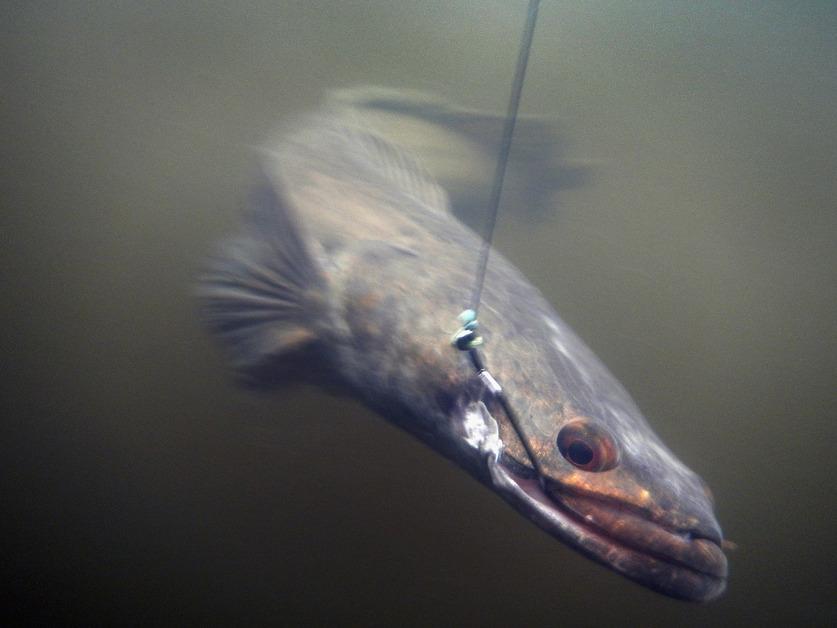
Native to China, Russia and Korea, this fish has now been introduced in the U.S. where it has developed populations in the wild. The Northern Snakehead is able to breathe air and survive out of water for as long as four days. This makes it possible to travel across land and between bodies of water more easily than other fish.
They are voracious predators, eating most organisms they come across and even known to feed on birds, reptiles, and some mammals, according to Pennsylvania State University.